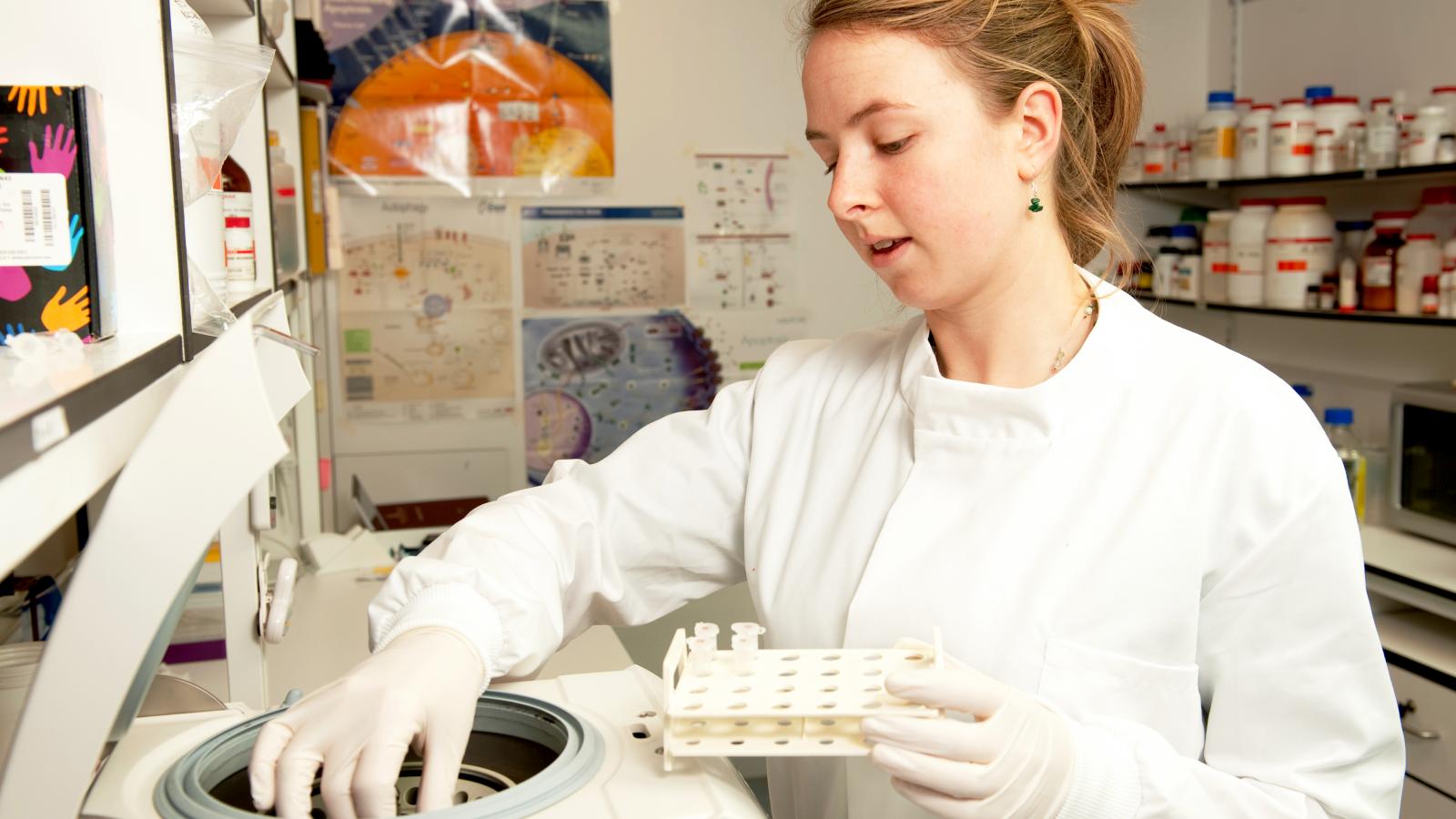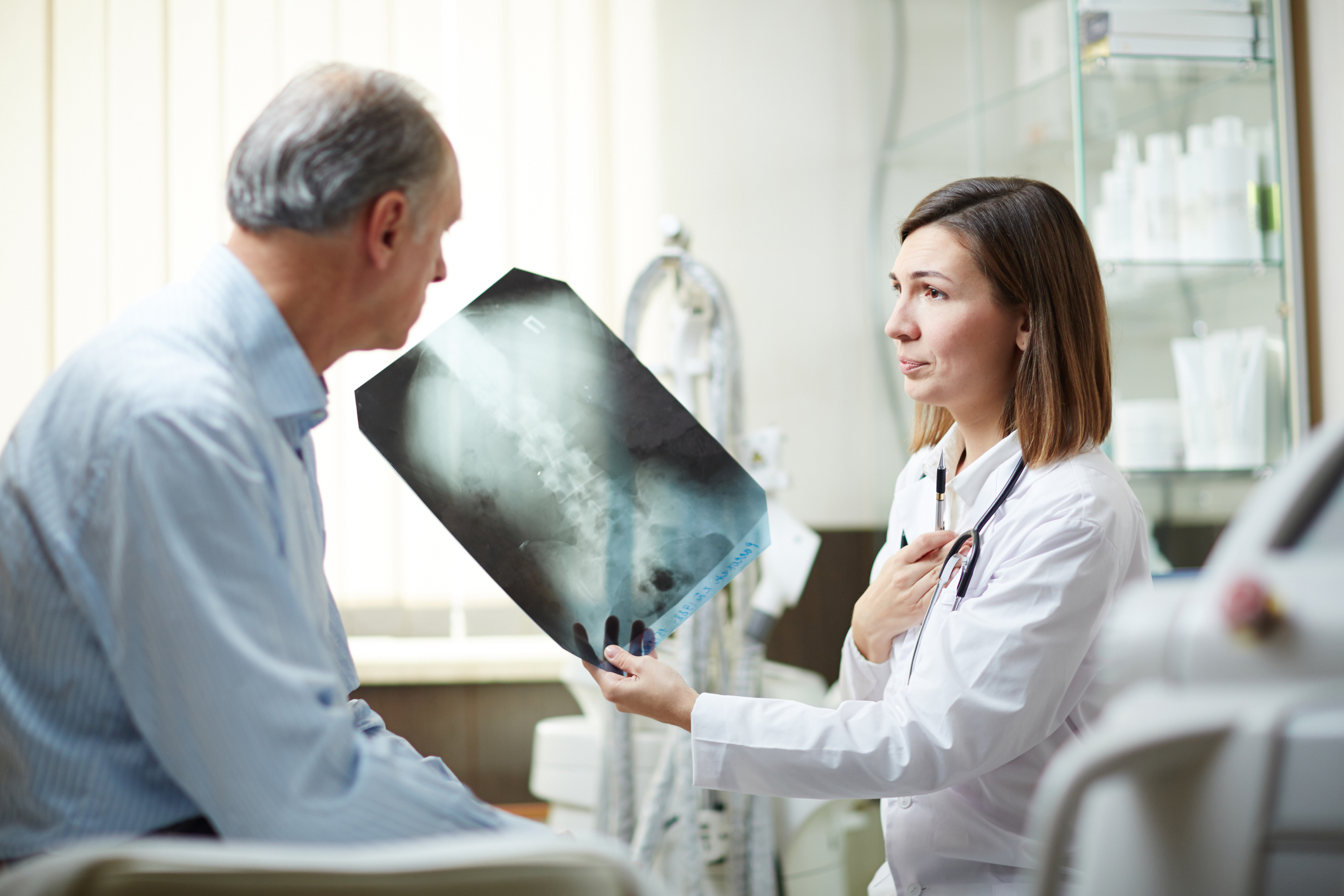Sentinel lymph node biopsy

Lymph nodes are small round organs, connected by a network of lymph vessels. They are part of the lymphatic system, which protects us from infection and disease.
Cancer cells can sometimes spread to the lymph nodes close to the tumour. A sentinel lymph node biopsy can check for cancer that has spread.
How is the test done?
A tiny amount of radioactive liquid or dye is injected into the area near to the tumour. This liquid will travel to the lymph nodes.
The lymph nodes are then scanned to see which ones have taken up the liquid. The first node to take up the liquid is called the sentinel node.
During surgery the sentinel node is removed and sent to the laboratory to be examined. Other lymph nodes may be removed too. If the sentinel lymph nodes are cancer free then the cancer is unlikely to have spread. Removing further lymph nodes would be unnecessary.
Will I have pain relief / anaesthetic?
You will have a general anaesthetic before surgery to remove the lymph nodes.
How long does it take?
The test takes about 90 minutes or more, depending on where the sentinel nodes are.
After the test
You can usually go home later the same day. As you have had a general anaesthetic, you will need someone to take you home and stay with you for 24 hours after the operation.
The blue dye will make your urine look blue or green for the next couple of days. This is harmless.
The nodes removed are sent to the pathologist, who looks at them closely under the microscope to see if the sentinel node contains cancer. It may take up to 10 days or longer for the pathologist to examine the sentinel nodes and give the final results.
If there are no cancer cells present in the sentinel lymph node, it is unlikely that other lymph nodes will have cancer cells. If there is cancer in the lymph nodes, you will have surgery to remove some or all of the lymph nodes in the area.
Are there any risks/ side-effects?
A sentinel lymph node biopsy is usually straightforward. If any problems happen, they tend to be minor. Some people experience some pain or bruising a the biopsy site. Some may develop infections at the biopsy site and may need antibiotics after the test. For others, fluid or blood might collect in the biopsy site and may need to be drained off. Occasionally lymphoedema can develop after a lymph node biopsy. This is a build-up of lymph fluid. Tell your doctor if you notice any swelling or tightness in your arms or legs at any time after lymph surgery. Read more about lymphoedema.
For more information
Phone
1800 200 700



